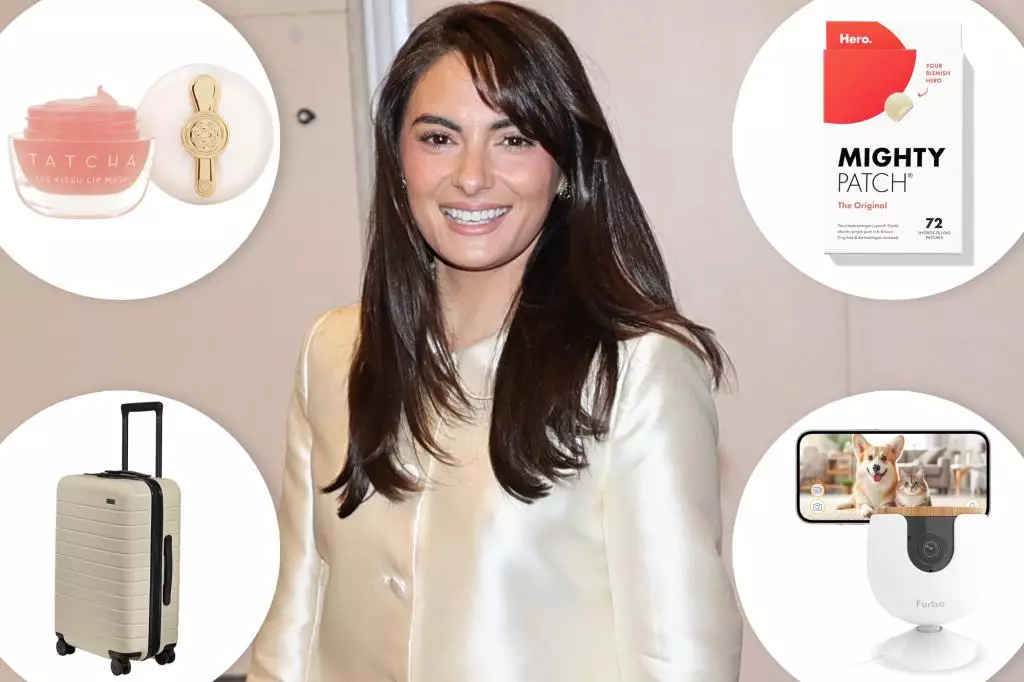In today’s digital age, shopping isn’t just about finding products; it’s about curated experiences, personal endorsements, and the strategic use of influencer marketing. Events like Amazon Prime Day exemplify this shift, transforming from mere sales to cultural phenomena driven by celebrity and social media personalities. Influencers like Paige DeSorbo leverage their platforms to turn what might be a simple purchase into an aspirational act, creating a ripple effect that influences thousands of followers. Instead of passive buying, consumers now see shopping as an opportunity to mirror their favorite stars’ lifestyles, blending necessity with luxury and desire. This phenomenon exemplifies a broader trend: shopping as a personal statement enhanced by influencer credibility.
From Passionate Endorsements to Strategic Consumption
DeSorbo’s enthusiastic showcase on Amazon Live underscores her deliberate approach to shopping—not only as a personal ritual but as a marketing tool. Her curated list combines practicality with a touch of glamour, endorsing products she genuinely loves, like her preferred luggage brand, Away, or skincare essentials like pimple patches. Her transparent sharing creates a sense of intimacy that traditional advertisements often lack, fostering trust among her followers. This strategy not only drives immediate sales but also builds a loyal community that perceives her recommendations as valuable. In essence, her shopping isn’t impulsive; it’s a calculated performance designed to influence buying behaviors and shape consumer trends.
The Power of Personal Credibility in Modern Retail
What makes DeSorbo’s influence particularly compelling is her blend of authenticity and strategic presentation. Her emphasis on quality—such as her praise for Away suitcases claiming they are the only ones she’ll use—illustrates her commitment to endorsing products with longevity. Her reputation as a summer house alum and her personal branding contribute significantly to her credibility. This credibility turns her shopping lists into powerful social proof, effectively guiding her audience’s purchasing decisions. It’s no longer just about the product but about the story, the lifestyle, and the perceived trustworthiness of the messenger. As a consumer, one might wonder how genuine these endorsements are, but in the age of influencer marketing, authenticity is often measured by consistency and personal experience rather than traditional advertising.
Implications for Consumer Autonomy and Market Dynamics
While influencers certainly make shopping more engaging and personalized, they also complicate consumer autonomy. The curated narratives and frequent endorsements create a subtle pressure to conform to a certain lifestyle or product usage. This influence raises questions about the originality of consumer choice—are we buying because we genuinely need or want these products, or are we swayed by the influencer’s lifestyle and perceived expertise? On the flip side, this dynamic shifts market power towards consumers, who receive carefully curated content directly from relatable figures. However, the line between genuine recommendation and marketing stunt often blurs, prompting skepticism about the true value of influencer endorsements. It’s essential for consumers to stay vigilant, recognizing that behind-the-scenes marketing strategies often craft a glossy, yet sometimes superficial, version of reality.
Influencer-led shopping events highlight a paradigm where authenticity, marketing savvy, and personal branding intersect. They redefine how consumers discover and purchase products, making shopping a more interactive and story-driven experience—and, ultimately, a testament to the evolving landscape of retail.

